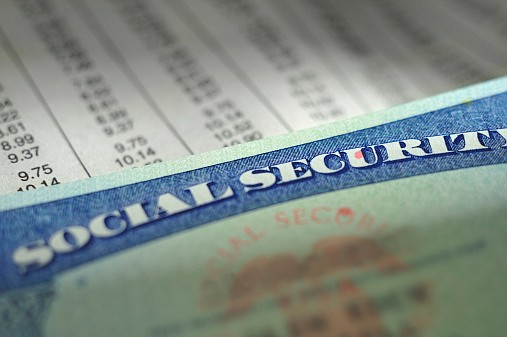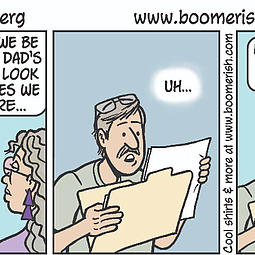How does the Social Security System of credits work?
July 9, 2012 at 8:36 a.m.
At some point in time, most citizens want to know about the Social Security System of credits and how benefits are delegated. As a person works during their lifetime, the Social Security Administration (SSA) keeps a record of those earnings as they collect Social Security taxes. They give a worker up to 4 "credits" per year, based on achieving an income of $1,130. This is the amount required in the year 2012; it is adjusted periodically as national average earnings change.
Some exceptions and special rules apply to certain situation, such as self-employment or if you do certain types of domestic, farm or church work. Military workers are included, but government workers are not included in this system because they have their own benefit program. Other exceptions to coverage include railroad workers and some local government workers.
The Social Security system of credits applies to persons born in the year 1929 or later. To be eligible for Social Security retirement benefits, you must have a total of 40 credits recorded. This represents 10 years of work; the years of your highest earnings are the ones counted. If you were born prior to 1929, you require even fewer credits.
Another concern for older persons is the possibility that they will need to draw disability benefits from Social Security at one time or another. The good news here is that fewer credits are required.
- If you are very young when disability occurs, you may need as few as six credits counting work done from age 21.
- For ages 24 through 30, slightly more credits are required.
- The number of credits required is 20 for persons aged 31 and increases with each birthday.
- Requirements slowly increase up to the 40 credit requirement by age 62.
Benefits may be paid to a surviving spouse, minor children, disabled children or those still in school fulltime, up to age 19. There also are special situations where the surviving spouse is disabled or is caring for minor children. Even divorced spouses and dependent parents may be able to claim benefits; contact your local social security office for this determination.
Medicare is another benefit that your credits provide. Double check your earnings record from SSA occasionally for accuracy to be sure all your work has been reported. It is essential that your Social Security name and number match employer records. Your lifetime earnings and Social Security taxes have earned you these benefits; the Social Security system of credits is there to help you manage financially when you can no longer work.
Content Provided by Spot55.com





